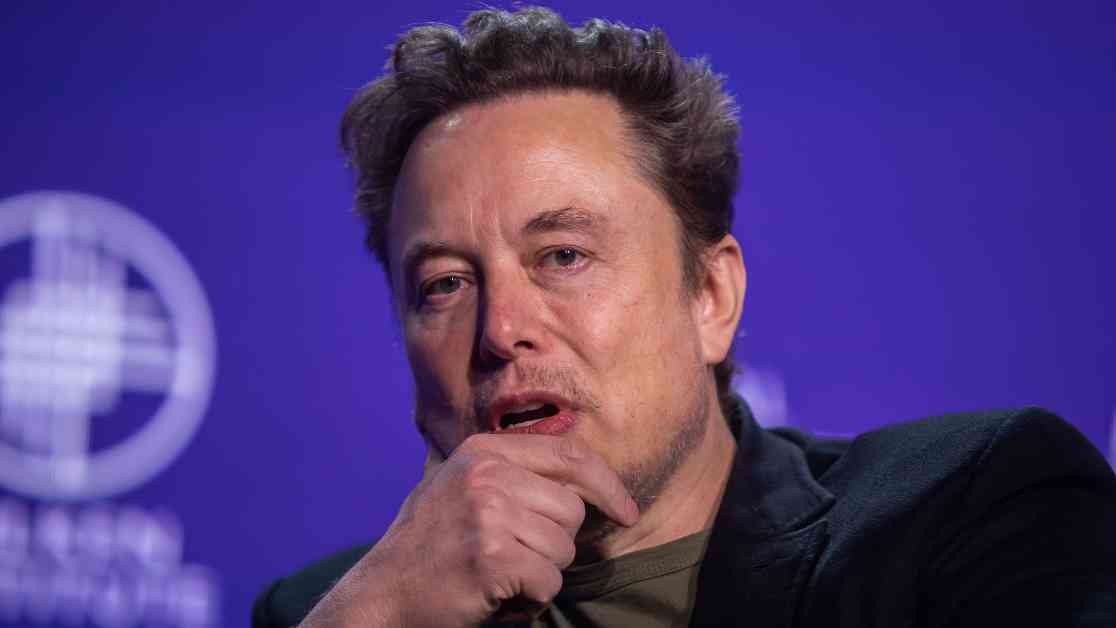Tech mogul Elon Musk recently joined a call between US President-elect Donald Trump and Ukrainian President Volodymyr Zelensky, raising concerns about his involvement in international affairs. The call took place at Mar-a-Lago the day after the presidential election, where Zelensky thanked Musk for providing communications through Starlink to Ukraine during the ongoing conflict with Russia.
The seven-minute call was described as positive and cordial, with no policy discussions taking place. Zelensky had previously congratulated Trump on his election victory, emphasizing the importance of strong US leadership for global peace and cooperation.
Musk’s inclusion in the call has sparked questions about his influence in the incoming administration, particularly regarding his role in the conflict between Ukraine and Russia. His Starlink internet service has been instrumental in providing communication capabilities to Ukraine’s military since the 2022 invasion, allowing for real-time drone feeds and improved communication in combat zones.
Despite initially receiving praise for his support, Musk’s relationship with Ukraine soured over concerns about the cost of providing Starlink services and reports of access restrictions in Russia-occupied Crimea. The Pentagon eventually stepped in to fund Starlink in Ukraine, highlighting the complexities of Musk’s involvement in the region.
Additionally, reports of Musk’s interactions with Russian President Vladimir Putin have raised national security concerns, particularly regarding his access to sensitive government information through SpaceX’s partnerships with NASA and the US military. While some US officials have expressed counterintelligence worries, the US intelligence community has been cautious in investigating these interactions due to Musk’s American citizenship.
Musk has denied some of the allegations surrounding his connections with foreign leaders, including claims that he ordered the shutdown of Starlink services near Crimea to prevent a potential conflict with Russia. Despite these controversies, Musk’s influence in international affairs remains a topic of scrutiny and debate.
As the situation unfolds, it will be essential to monitor Musk’s interactions with world leaders and the implications of his technological innovations on global conflicts. The intersection of business, politics, and security in Musk’s dealings underscores the complex nature of modern diplomacy and the challenges of navigating international relationships in a rapidly evolving world.


